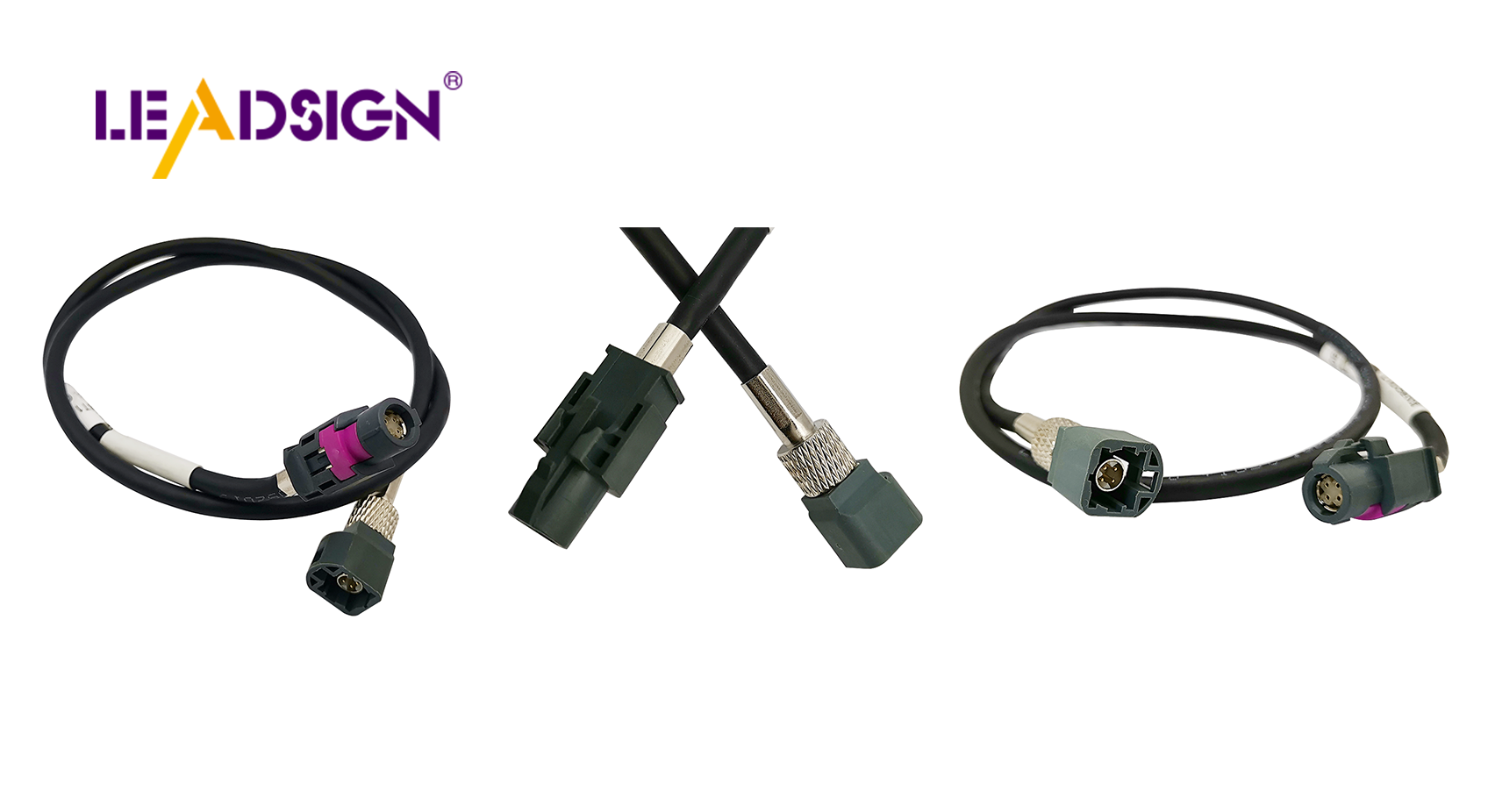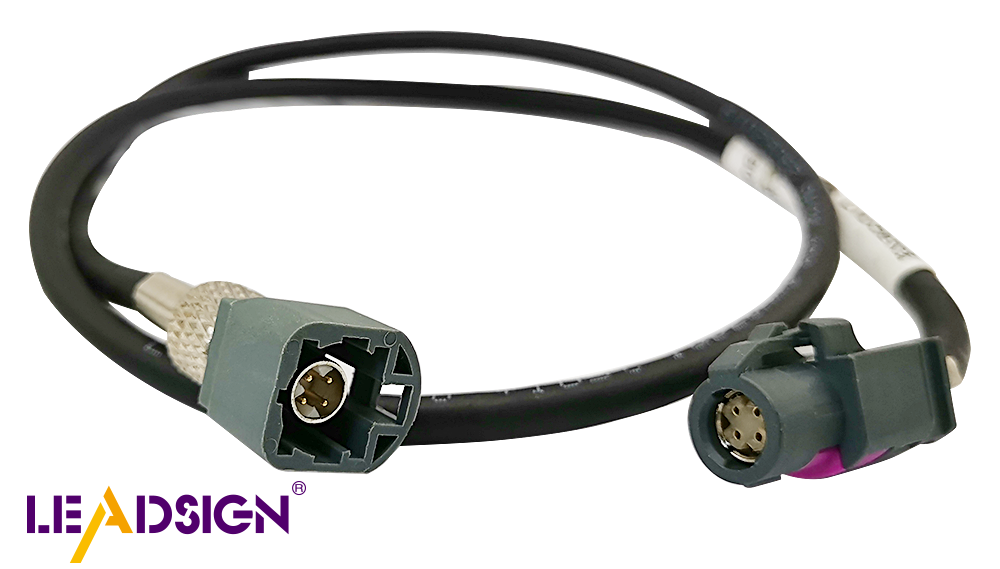Exploring the Impact of Standards on Wire Connectors Automotive Type

Performance rules are important in car making, especially when considering automotive electrical connectors types. They ensure that car electrical connectors work well and last long. These rules help keep cars safe and running smoothly. By following these rules, makers ensure connectors can handle tough conditions like heat and shaking. This enhances the overall performance of cars and keeps them safe to drive. Additionally, these rules facilitate compatibility among different automotive electrical connectors types, allowing for seamless communication and power flow between various car parts. In the end, performance rules protect both the car and the people inside it.
Understanding Performance Standards in the Car Industry
What Are Performance Standards?
Performance standards are important rules for making cars. They tell what products need to do to be safe, strong, and work well. These rules help make sure car parts like wire connectors are good quality. By following these rules, companies make sure their products can handle tough things like hot and cold or shaking. This not only makes products better but also helps the car industry grow.
Why Standards Matter in Making Cars
In making cars, performance standards are very important. They help test how strong and good car parts are. Companies must check their products carefully to meet these rules. This makes sure that the parts work well and last long, which is important for cars and people’s safety.
"Performance standards have been key in controlling technology for a long time," says SSRC.org. These rules help different car parts work together easily. By following these standards, makers lower the chance of connector problems that can cause expensive fixes or danger.
Specific Standards for Automotive Wire Connectors
Overview of Key Standards (e.g., ISO, SAE)
Car wire connectors need to follow certain rules. These rules make sure they are safe and work well. Two main groups set these rules: the International Organization for Standardization (ISO) and the Society of Automotive Engineers (SAE).
ISO Standards: ISO 26262 is about keeping car electronics safe. It makes sure connectors work well in important situations. This rule helps keep car systems working right.
SAE Standards: SAE gives advice on making and testing car connectors. These rules help makers create connectors that can handle tough car conditions like heat and shaking.
Testing and Compliance Requirements
Importance of Rigorous Testing
Testing car wire connectors is very important. Makers do many tests to check if connectors meet industry rules. Tests see if they work under hard conditions like high heat or stress. By doing these tests, makers ensure their products last long and work well.
Compliance Processes and Certification
Following standards needs several steps. Makers must do things a certain way to prove their connectors are good. This means writing down test results and checking all needed boxes. Certification shows that connectors are safe for cars. It also helps makers show they care about quality and safety.
Benefits of Following Performance Standards
Better Safety and Trustworthiness
Following performance standards makes car wire connectors safer and more reliable. These rules make sure connectors can handle tough conditions like very hot or cold temperatures and shaking. For example, the SAE J1171 rule is about making and testing electronic connectors in cars. By using these rules, makers can create connectors that stay strong and work well over time, lowering the chance of problems that could make cars unsafe.
Boosted Car Performance and Efficiency
Performance standards help cars work better and use energy wisely. By making sure connectors meet certain rules, makers can ensure smooth communication and power flow in cars. This is important for new car systems that need accurate electrical connections. The need for wire-to-wire car connectors, which made up 50% of the market in 2022, shows how important these parts are for better car performance.
Stories of Good Standard Use
Example 1: LEADSIGN HSD Connector in Car Electronics
The LEADSIGN HSD Connector is a great example of using standards well in car electronics. Made for fast data transfer, this connector meets strict performance rules to work well even in hard places. It is used in things like special cameras, USB links, and digital entertainment systems. By following set rules, LEADSIGN makes sure its connectors have good coding skills and strong build quality, helping keep car electronics reliable.
Example 2: Fast Data Connectors in Digital Entertainment Systems
Fast data connectors are key in digital entertainment systems by allowing easy communication between parts. These must follow tight performance rules to manage high-speed data needed for modern entertainment uses. By meeting these rules, makers provide connectors that support cool features like digital networks and Ethernet links, improving user experience and how well the vehicle works.
Types of Automotive Electrical Connectors

Overview of Automotive Electrical Connectors Types
Car connectors are very important for a car's electrical system. They help send power and signals between parts, making things like the engine and music systems work well. Knowing about different car connectors helps us see why they matter.
Crimp Connectors: These are common in cars because they hold wires tightly. Crimping means squeezing the connector onto the wire for a strong link. They keep car circuits working safely.
Bullet Connectors: These have male and female parts that fit together easily but can be taken apart too. They're often used in car sound systems where you might need to unplug them often.
Weather Pack Connectors: Made for tough places, these resist heat, chemicals, and water well. They're perfect for under-the-hood areas and engine controls, staying strong in hard conditions.
Butt Connectors: Used to join two wires end-to-end, they make a straight link. They're handy for fixing or adding wires in cars when connecting different wires is needed.
Pin Connectors: Also called pigtail connectors, these have metal pins that go into sockets. They're important in cars for linking electronic parts securely.
Screw Terminal Connectors: Often used with batteries and grounding systems, they give strong links needed to keep cars running right.
Wire-to-Wire Automotive Connectors: With new tech like ADAS and electric engines, these connectors are more important now than ever before. They help different car parts talk to each other smoothly.
Each type of connector has its own job, helping cars work safely and efficiently by making sure all the electrical parts fit together just right.
Performance standards are very important for good car connectors. They make sure these parts are safe, reliable, and work well. By following these rules, car makers ensure cars run safely and meet what customers want.
"Following industry rules is key to doing well in the car connector market."
Sticking to these rules not only makes products better but also helps the industry grow. As cars change, keeping up with these standards will lead to new ideas and improvements.
See Also
Why HSD Connectors Matter in Today's Automotive Sector
Understanding the Role of Fakra Connectors in Cars
Discovering How Fakra Connectors Enhance Automotive Performance

